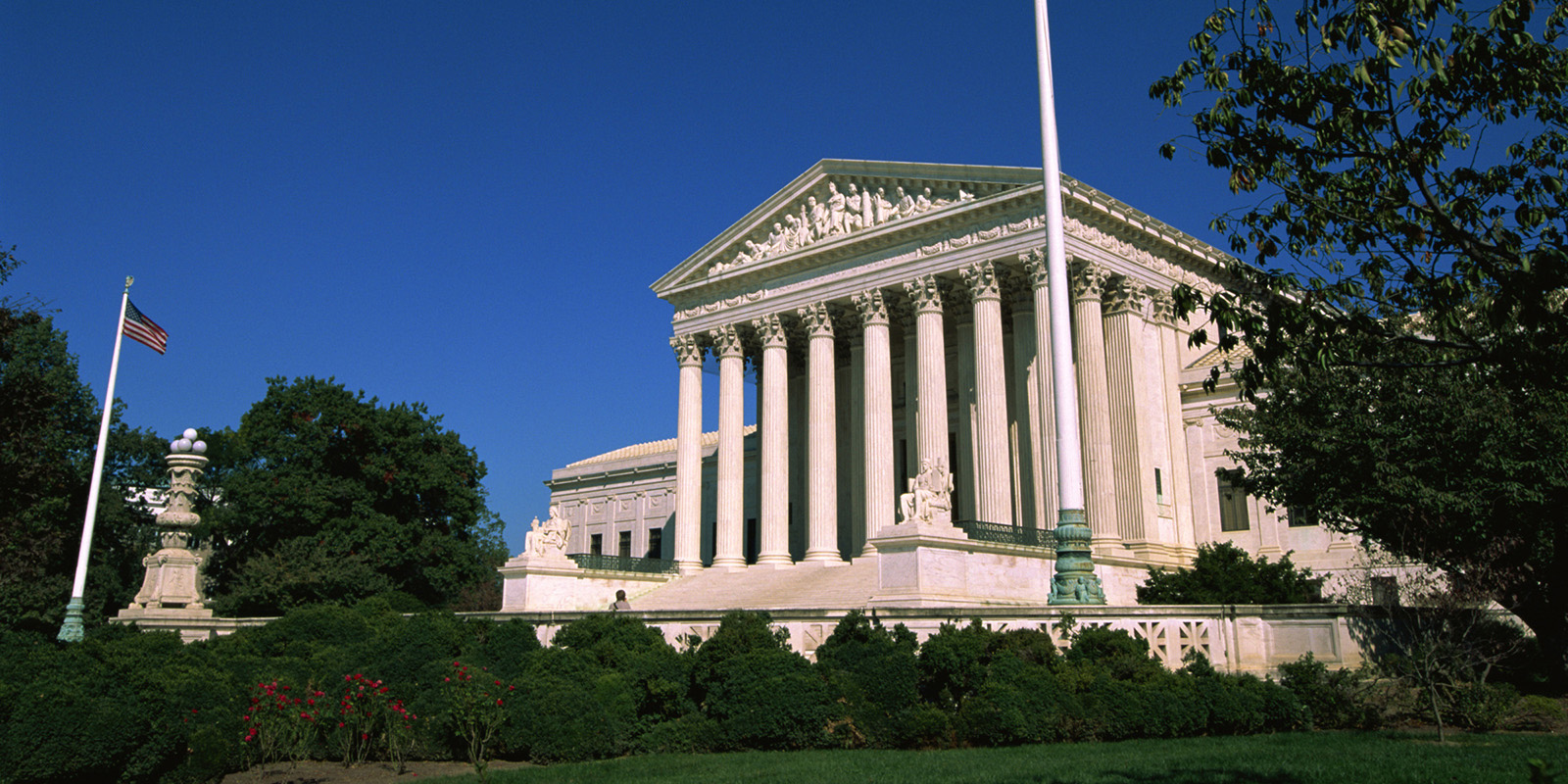
Supreme Court Rules on State Court Jurisdiction over Securities Act Lawsuits
In recent years, plaintiffs increasingly have challenged initial public offerings by filing securities class actions in state courts, especially California, due to an unsettled jurisdictional question. In Cyan, Inc. v. Beaver County Employees Retirement Fund, the U.S. Supreme Court resolved that issue, addressing the effect of the Securities Litigation Uniform Standards Act of 1998 ("SLUSA") on lawsuits brought exclusively under the Securities Act of 1933. The Court unanimously held that SLUSA does not strip state courts of their concurrent jurisdiction over class actions asserting violations of only the 1933 Act and does not empower defendants to remove such suits to federal court.
The 1933 Act imposes disclosure requirements on companies offering securities to the public and allows private plaintiffs to sue in either state or federal court. Unlike most federal statutes, the 1933 Act prohibits removal of a case from state to federal court. SLUSA amended the 1933 Act to eliminate jurisdiction in state court for certain securities class actions and to prohibit certain securities class actions arising under state law, and it gave teeth to that prohibition by empowering defendants to remove those suits to federal court, where they would then be dismissed.
In Cyan, the Court addressed whether these provisions of SLUSA also apply to lawsuits that are brought solely under the 1933 Act. The Court held that although SLUSA prohibits certain state-law securities class actions, it has no effect on the longstanding rule that 1933 Act suits may be brought in either state or federal court and, if brought initially in state court, cannot be removed to federal court.
As a result, securities plaintiffs can be expected to file their 1933 Act suits in state court, depriving defendants of access to the benefits of a federal forum, including certain procedural reforms of the Private Securities Litigation Reform Act, or the PSLRA, which Congress enacted to address abusive securities class action litigation. In addition, the Cyan decision may force corporate defendants to defend 1933 Act claims in multiple jurisdictions, as defendants may be subject to suit in both federal and state court or in multiple state courts. If this state of affairs is to change, the Court explained, the change will have to come from Congress.




